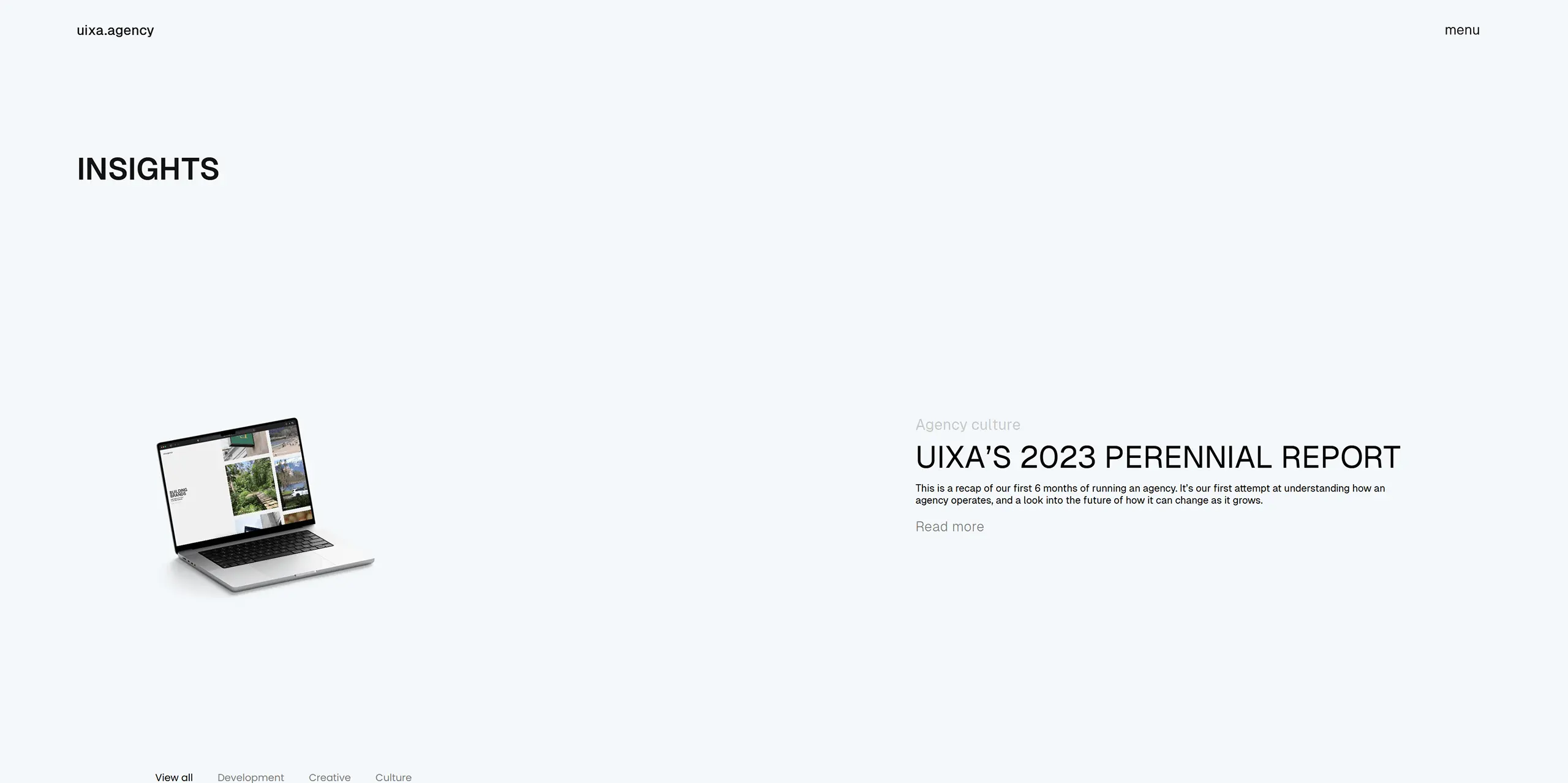Home > Domains Matter More Than You Think
Domains Matter More Than You Think
How to Choose a Web Address That Works for You
- Markus Pichorner
TL;DR
A good domain is short, memorable, and easy to type. Avoid numbers, dashes, and confusing spellings. .com remains the top choice, but other extensions like .io, .co, or .studio can work well depending on your brand. Choose for clarity and trust, not just availability.
Your domain name is often the first impression people get of your brand. It’s what they type, share, and remember. A good domain can help your business feel credible and easy to find. A bad one can confuse people or make you look unprofessional. Choosing the right one is a small step with a big impact.
What makes a good domain
A good domain is simple, clear, and memorable. It should sound natural when spoken and easy when typed. Shorter is usually better, but clarity always wins over cleverness.
A strong domain is
-
Short and simple: Avoid long or complicated words.
-
Easy to spell: If you have to spell it out every time, it’s not ideal.
-
Relevant: It should reflect your name, brand, or service.
-
Memorable: People should recall it easily after hearing it once.
Think apple.com, airbnb.com, or notion.so — short, clear, and instantly connected to their brand.
What to avoid
Bad domains are often the result of overthinking or trying to be too creative. Avoid numbers, random dashes, or misspellings.
Weak domains often
-
Use hyphens (they break flow and look spammy)
-
Contain numbers that confuse people (“is it 4 or four?”)
-
Are too long or hard to pronounce
-
Copy existing brand names (which can lead to legal issues)
If you can’t get your first choice, don’t settle for a messy version. Try a short variation, add a relevant word, or use another domain extension that fits your brand.
The power of extensions: .com, .org, .io, and more
The classic .com still reigns as the most trusted and recognized domain extension worldwide. People naturally assume a business ends with “.com”, so if it’s available, it’s usually the best option.
But the landscape has evolved:
-
.org is great for non-profits or community projects.
-
.io is popular with tech startups and digital companies.
-
.co works well as a modern alternative to .com.
-
.net, .studio, .design, or .agency can add personality and clarity to creative or niche businesses.
Choose an extension that fits your purpose and audience, not just what’s trendy.
SEO and trust factors
While your domain alone won’t guarantee SEO success, it still plays a role. A clear, trustworthy domain helps with click-through rates and brand recognition. Avoid stuffing keywords like “bestcheapwebdesignservices.com”. Google and users both see through that.
Instead, focus on brand strength. Search engines value consistency, reputation, and content quality far more than keyword-heavy domains.
The bottom line
Your domain is digital real estate. Pick one that represents your brand, builds trust, and lasts. A few extra hours spent choosing wisely will pay off for years.



